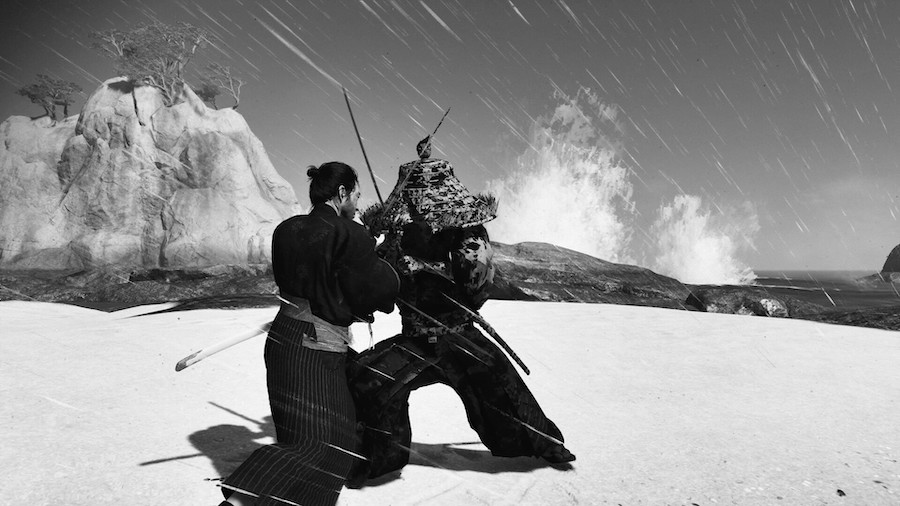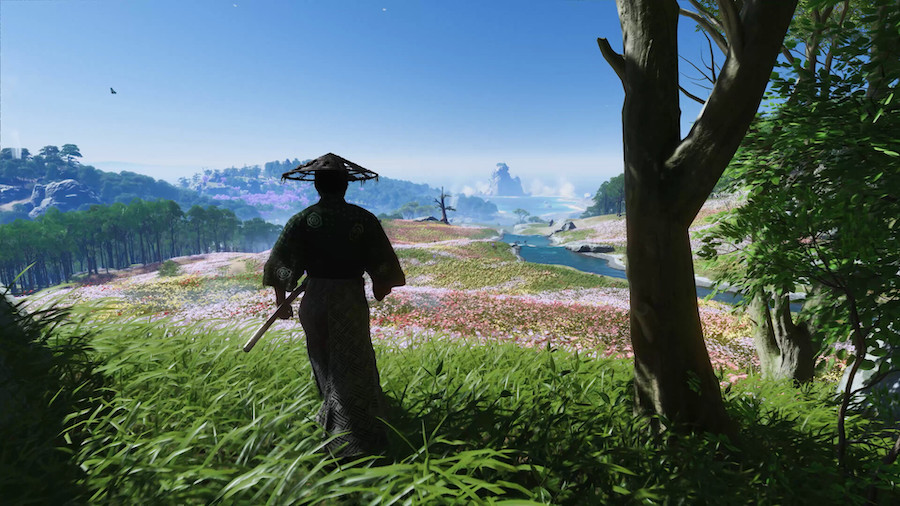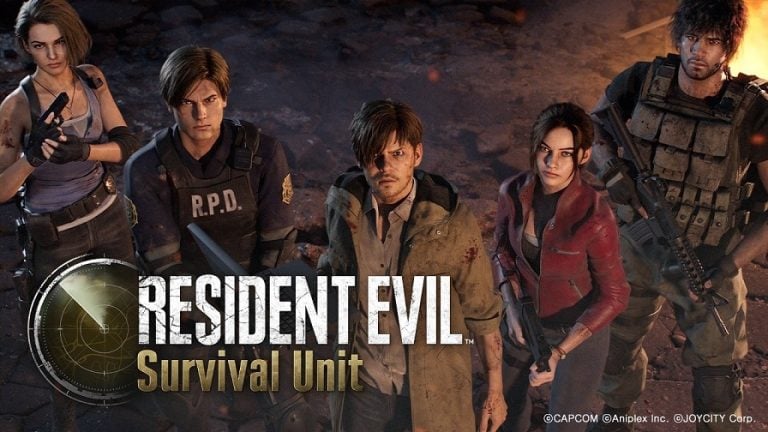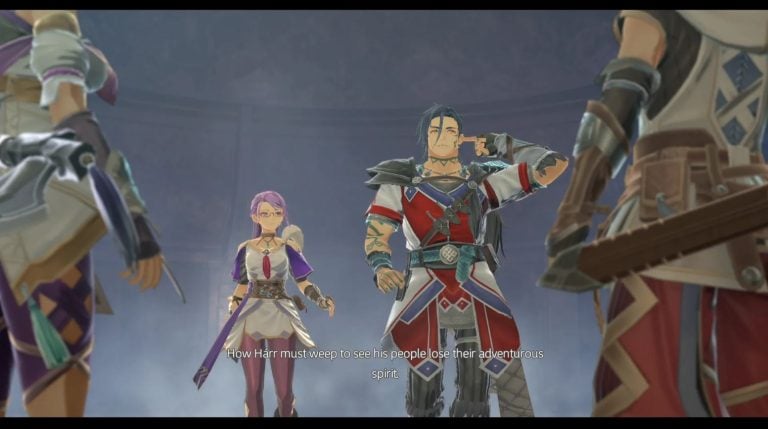Although it has yet to be released, people are already comparing Ubisoft’s Assassin’s Creed Shadows unfavorably with another game set in historical Japan, Ghost of Tsushima. Daisuke “Dice” Ishidate, Ghost of Tsushima’s English-to-Japanese localization producer, responded to this discourse in a thread on X, explaining the goals that the Ghost of Tsushima team had when developing the successful title.
Ghost of Tsushima was developed by American studio Sucker Punch Productions. Set in 13th century Japan, players take on the role of Jin Sakai as he defends Tsushima from a Mongol invasion. Upon its release in 2020, the game garnered very favorable reviews from critics and players alike. It was well received in Japan, gaining a perfect score from Famitsu and going on to win two awards at the Japan Game Awards 2021. It also sold over 2.4m copies worldwide in its first 3 days (Source: Gameinformer).
Looking back, Ishidate explains the vision that Sucker Punch had for Ghost of Tsushima:
(They also said, “We won’t make a game that Japanese people will feel is insulting” and, “We will make it like a Japanese period drama (jidaigeki), not a Hollywood film”)
I think that maybe the reason for Ghost of Tsushima’s success is not objective historical accuracy but its subjective period drama-like style (and flair).
We also did the localization to make it like an interesting period drama.
Ishidate emphasizes that Sucker Punch focused on the Japanese feel of the game over historical accuracy, and points out that Ghost of Tsushima was historically inaccurate in many places. For example, the poetry that Jin can compose is referred to as “haiku” in the international version of the game, despite the haiku form not existing in 13th century Japan. Also, many of the beautiful landscapes and landmarks you can stumble across in Ghost of Tsushima have never existed on the island, and instead reflect scenery and places found in other parts of Japan. The game’s events are merely inspired by history– in real life, the Mongols’ attempted invasion of Tsushima was foiled by a typhoon. Ishidate seems to believe that the reason for the game’s positive reception both overseas and in Japan was the way it embodied the spirit of Japanese period dramas (jidaigeki). The team was inspired by classic Japanese samurai films such as those by Akira Kurosawa- this is even evidenced by the fact that Ghost of Tsushima’s black and white mode is called “Kurosawa Mode.”

Ishidate goes on to discuss Assassins Creed Shadows, as well as the recent popularity of TV dramas set in historical Japan but made and funded by overseas studios and companies.
Maybe once Assassin’s Creed Shadows is released it will be perceived as “The best” and “More like Japan than Japan.”
The producer of Ghost of Tsushima’s Japanese localization refrains from giving a direct opinion on the upcoming Assassin’s Creed Shadows game- except to comment that its aims are very different to Ghost of Tsushima’s. He also seems to think that it is too early to give a verdict on Shadows considering that it hasn’t even been released yet.
Read more about the discourse surrounding Assassin’s Creed Shadows in our articles on who Yasuke was in real life, and what Japanese people think of him. We have also covered Japanese people’s response to costume and architectural inaccuracies in Shadows’ trailer.
Assassin’s Creed Shadows is scheduled to be released on November 15 for PS5, Xbox Series X|S, PC and Mac.
Ghost of Tsushima: Director’s Cut is available on PS4/PS5 and PC (Steam)






The truth of the matter is that Ghost Of Tsushima is a graphics and movie game for all intents and purposes. This is not a knock on the game itself, especially if it’s trying to be a Drama thing which it is so it works in it’s favor if people like this sort of thing. AC Shadows on the other hand is just creating half truth’s and presenting them as authentic history and to rewrite it through the consulting firm lense which is only for the smallest subset audience possible with shilling on various gaming websites and influencers that is nepotistic and interconnected as a whole.